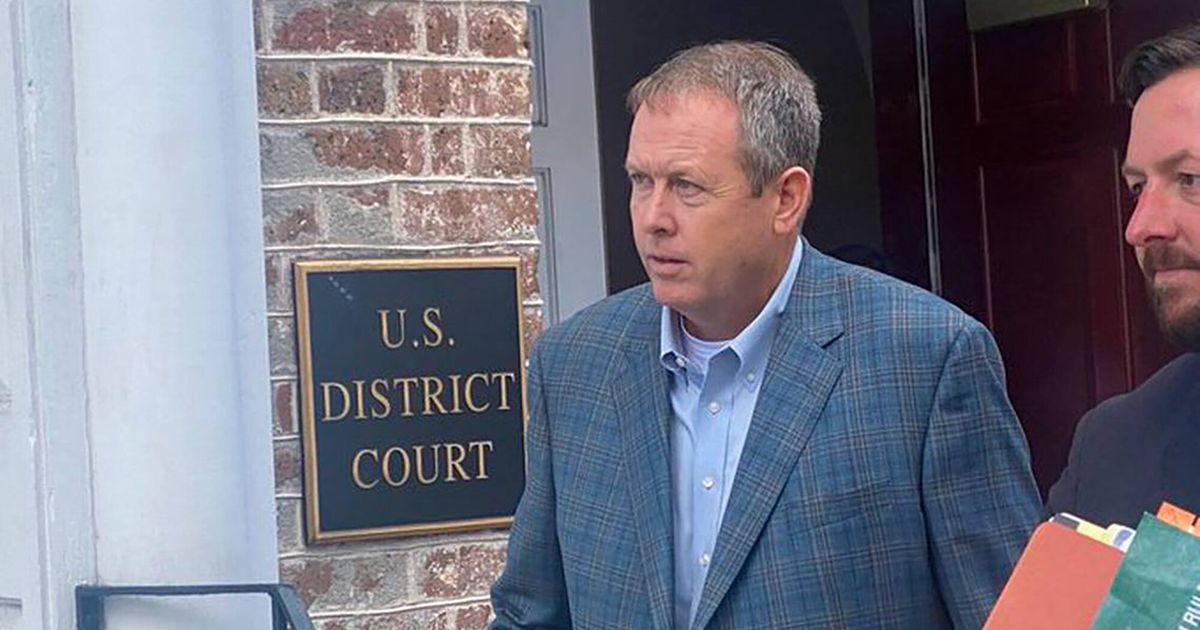Key takeaways:
- Former Banker Russell Laffitte sentenced to seven years in federal prison for helping convicted murderer Alex Murdaugh steal nearly $2 million.
- Laffitte ordered to pay more than $3 million in restitution.
- Case has highlighted the need for increased oversight of financial institutions and the importance of holding those who break the law accountable.
Former Banker Sentenced to Seven Years in Prison for Helping Murderer Steal Millions
A former banker in the South Carolina Lowcountry has been sentenced to seven years in federal prison for helping convicted murderer Alex Murdaugh steal nearly $2 million from clients’ legal settlements. Russell Laffitte, the former CEO of Palmetto State Bank, was sentenced Tuesday after a jury found him guilty of six charges related to wire and bank fraud in November.
Laffitte is the first of Murdaugh’s accomplices to face prison time following the June 2021 shooting deaths that stemmed from sprawling investigations into the Murdaugh family finances. U.S. District Judge Richard Gergel also ordered Laffitte to pay more than $3 million in restitution.
The investigation into the Murdaugh family finances began in 2019, when the FBI began looking into the suspicious activities of Alex Murdaugh and his family. The investigation revealed that Murdaugh had been using his position as an attorney to steal money from clients’ legal settlements.
Laffitte was found to have helped Murdaugh by transferring money from clients’ accounts to his own. He also used his position at the bank to open accounts in the names of Murdaugh’s family members and to transfer money to them.
The case has been a major blow to the Palmetto State Bank, which had been a highly respected institution in the Lowcountry. The bank has since been taken over by the Federal Deposit Insurance Corporation and is in the process of being sold.
The sentencing of Laffitte marks the end of a long and complicated investigation into the Murdaugh family finances. The case has highlighted the need for increased oversight of financial institutions and the importance of holding those who break the law accountable.



Be First to Comment